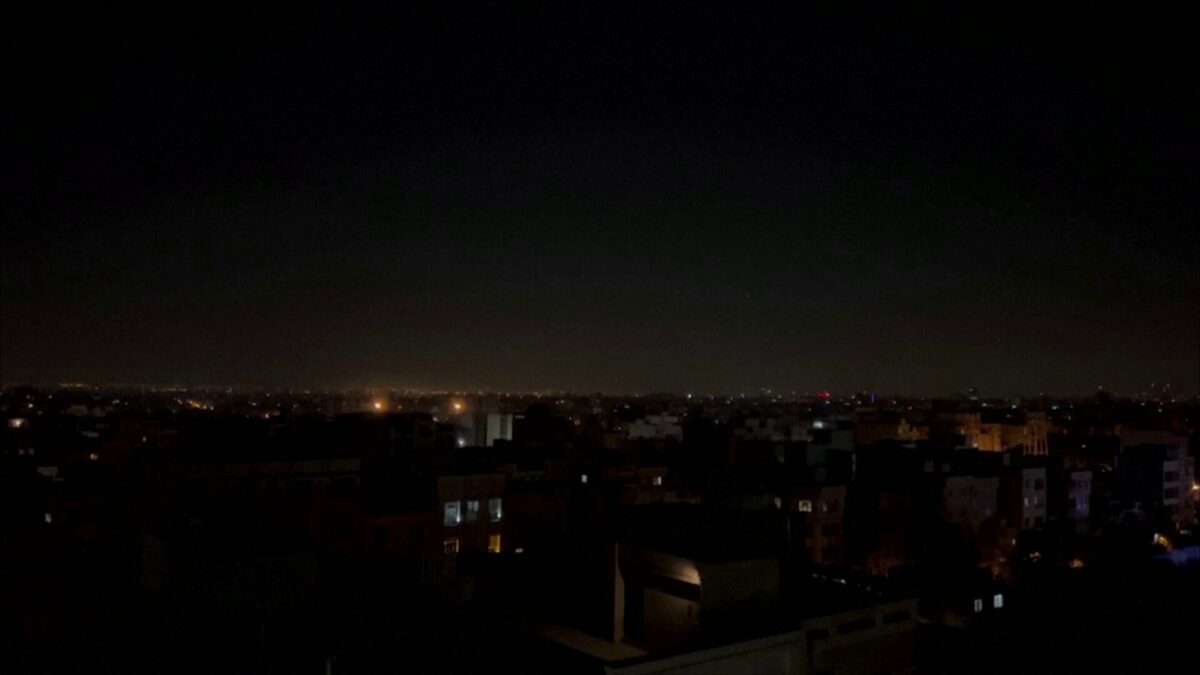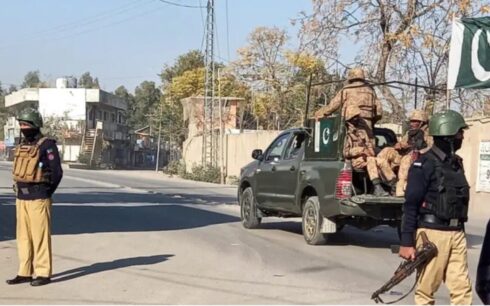In the 1980s, amid the grueling eight-year Iran-Iraq War, Saddam Hussein’s Iraqi government launched a campaign of long-range missile attacks on Iranian cities. Using Scud missiles and other long-range rockets, Iraq struck major cities including Tehran, Isfahan, Shiraz, and Tabriz in a campaign that became known as the “War of the Cities.” While various forms of weaponry were deployed throughout the war, the use of these high-destruction missiles escalated in 1984 and reached a peak from 1986 to 1988.
During that time, Iraq launched approximately 180 Scud missiles and 1,000 medium-range rockets at Iran. Iran, while attempting some counterattacks, found its responses largely ineffective. The relentless missile strikes on its cities forced Iran to accept U.N. Resolution 598, adopted on July 20, 1987. Ayatollah Khomeini, Iran’s supreme leader, famously described this concession as “drinking from a chalice of poison.” His decision came despite his earlier declarations to spread the Islamic revolution and punish regimes like those of Iraq and Israel.
Now, four decades later, Iranian cities are again under threat from long-range missile attacks. But this time, it is not Iraq, but Israel—Tehran’s strategic rival—that is conducting the strikes. On October 26, 2024, Israel launched missile attacks on Iran, framing them as part of a sustained operation against Iran’s military buildup. The question now looms: Will this pressure push Iran into submission once more, as it did in the 1980s?
While it is too early to predict the outcome, Iran’s current position is markedly weaker than it was then. Even if Iran manages to hold its ground, merely maintaining the status quo would be seen as a strategic victory under the circumstances.
Iran’s vulnerabilities can be summarized as follows:
Weakening of Regional Proxies: Since October 2023, Israel has systematically targeted and weakened Iran’s allies and proxy groups across the region, diminishing the strategic reach that Iran has relied on for influence.
Severe Financial Constraints: Iran faces a deepening financial crisis, which limits its ability to fund and sustain a costly conflict. Israeli officials have hinted at further escalation if Iran continues to provoke tensions, which would likely stretch Iran’s resources even thinner.
Internal Divisions in Leadership: Divisions among the Islamic Republic’s elite and ruling clerics further complicate Iran’s ability to craft a unified response.
Involvement in Ukraine: Iran’s support of Russia in Ukraine has diverted resources and attention, leaving it more vulnerable on its own front.
Strained Diplomacy with the West: Iran’s fragile relations with Western nations, and particularly with the U.S., limit its ability to garner diplomatic support or negotiate relief from sanctions.
Lack of Domestic Support: The Iranian government faces widespread public dissatisfaction, compounded by economic hardship, which has weakened its legitimacy and public backing.
Discrimination Against Minorities: Iran’s ongoing policies of repression and discrimination against ethnic and religious minorities have heightened internal unrest.
Endemic Corruption: Corruption within government institutions has eroded public trust and limited the efficiency of the state apparatus, further weakening the regime.
Allegations of State-Sponsored Terrorism: Iran’s alleged involvement in terrorist activities has isolated it on the international stage, with far-reaching diplomatic repercussions.
Strained Relations with Arab Neighbors: Iran’s influence in the region remains in direct conflict with powerful Gulf states, notably Saudi Arabia and the UAE, and its continued involvement in Yemen has exacerbated tensions.
Today, a new “War of the Cities” may indeed be on the horizon, this time led by Israel. The question remains: Will Ayatollah Khamenei, Khomeini’s successor, find himself forced to “drink from the chalice of poison,” as Khomeini did nearly forty years ago?
Nasrullah Stanekzai is a political analyst and former professor of law and political science at Kabul University.
The views expressed in this article are solely those of the author and do not necessarily reflect those of Amu TV.





